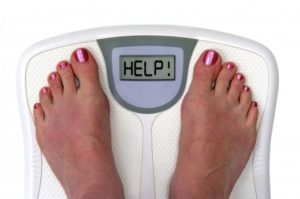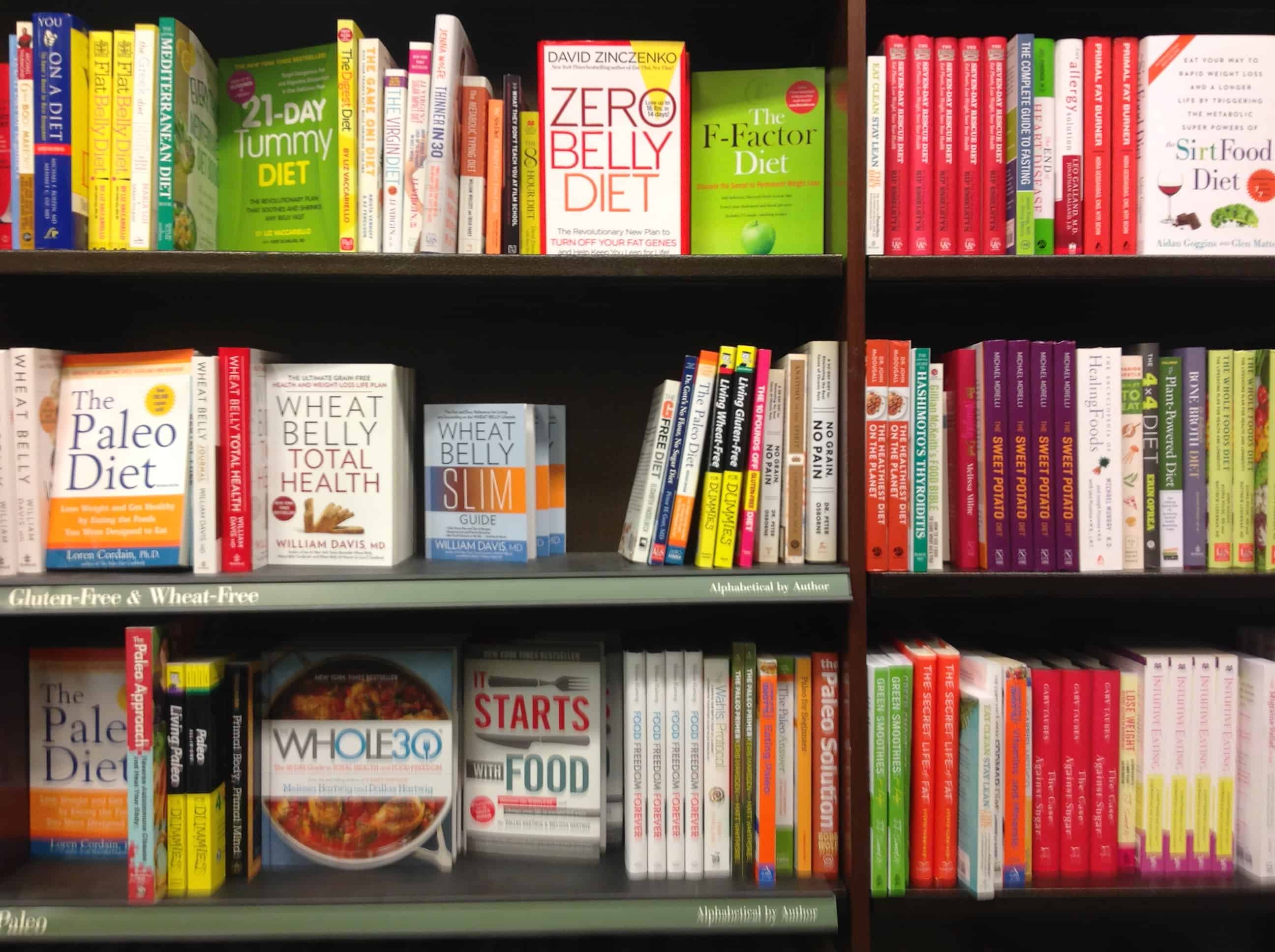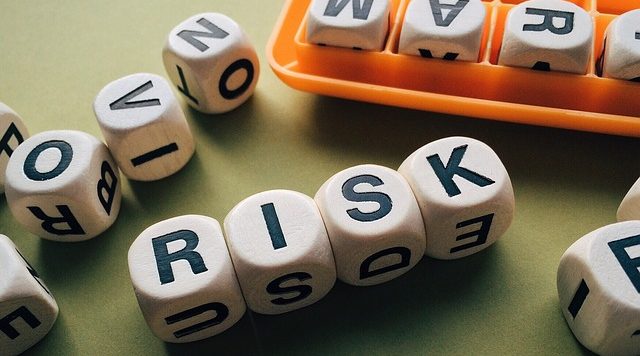Q. I don’t live in the U.S. Will I be able to participate fully in the program?
A. Geography is no barrier to taking part in Weighless! We already have people enrolled from Australia, Canada, the UK, and Europe, so you also will not be the only one! As long as you eat food, move your body, and have access to the internet, you have everything you need to participate. We will also be sure to schedule our live check-ins at a variety of times of day so that everyone will have a chance to take advantage of this.
Q. My husband and I are trying to conceive. Will I have to drop out if I get pregnant?
A. I got this question from so many people that I suspect we are going to have a Weighless baby boom! Although some adjustments will obviously need to be made if you get pregnant during the program, Weighless is an ideal approach for those wanting to maintain healthy habits and manage weight gain during pregnancy.
Q. I will be traveling for a period of time during the program. Will this be a problem?
A. The Weighless approach goes wherever you go! The whole idea is to cultivate a healthy approach that works in the context of real life, which sometimes includes travel. If you have no access to the internet for an extended period of time, you may have a little catching up to do when you get back online. But any materials you miss will be waiting for you when you return. (If you give us some advance notice, we can also try to send some advance work along with you.)
Q. I’m a vegetarian. Will this work for me?
A. The Weighless approach accommodates any and all dietary preferences, restrictions, and requirements. There are no required or forbidden foods and no one-size-fits-all dogma. We believe there are many ways to put together a healthy diet. Our goal is to help you discover what works best for your body, metabolism, lifestyle, and preferences.
Q. I’ve been diagnosed with pre-diabetes? Can I do Weighless?
A. Our program draws on an evidence-based curriculum designed specifically for those at increased risk of developing Type 2 diabetes. There is no better place for you to take steps to reduce your risk.
Q. I only have 10-15 pounds to lose. Is this a good fit for me?
A. Absolutely! This program is not about losing a certain number of pounds. It’s about developing the mindset, habits, and lifestyle that allow you to maintain a healthy weight without dieting. Whether you have ten or a hundred pounds to lose, the process is the same. Those who have less to lose will simply be practicing their maintenance skills a bit sooner in the process. (Although even those with a substantial amount of weight to lose will have ample opportunity to practice the art of living at a lower weight.)
Q. I have a surgery scheduled during the program which will restrict my ability to exercise. Will that prevent me from participating?
A. There is no prescribed exercise requirement or regimen. We do work on finding ways to make our lives more active, but based on what’s possible for you. Unfortunately, life occasionally serves up injuries, surgeries, and other inconveniences and we believe it’s important to have an approach that can accommodate all of that.
Q. How many people will be in the group? I don’t want to get lost in a crowd.
A. Although we don’t yet know for sure how many people will be in the program, we expect it to be somewhere in the neighborhood of 120 people–big enough to give us some esprit de corps but small enough that we will really be able to get to know one another. (Speaking of which, our private online group is already up and running and we look forward to welcoming you as soon as you enroll.)
Are you ready to stop dieting and start weighing less? Details for enrolling are here.



 A. Can’t stick to a diet long enough to lose weight.
A. Can’t stick to a diet long enough to lose weight.

